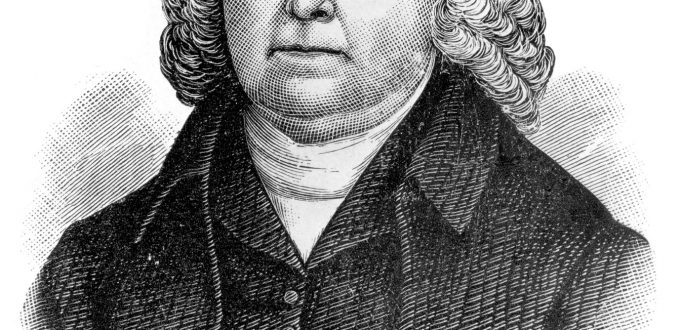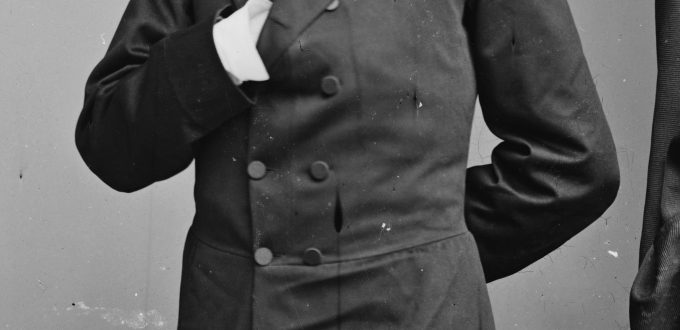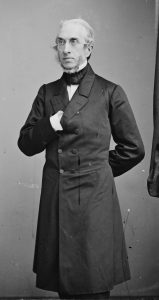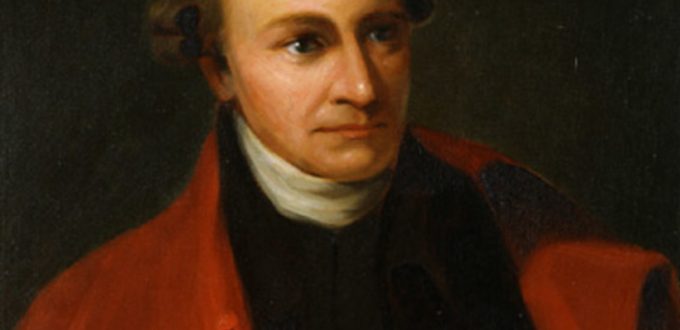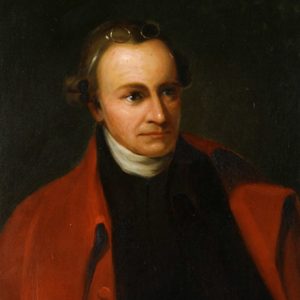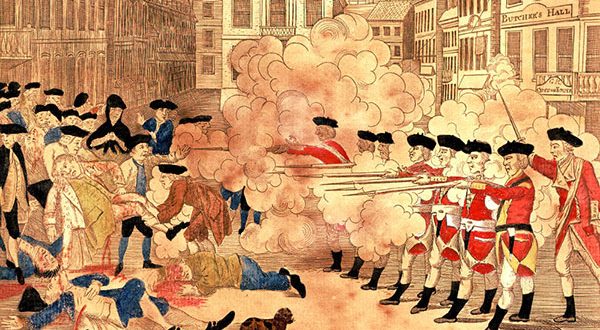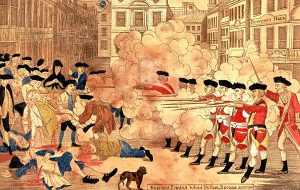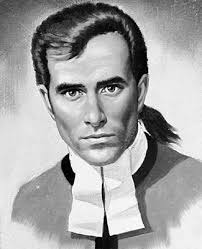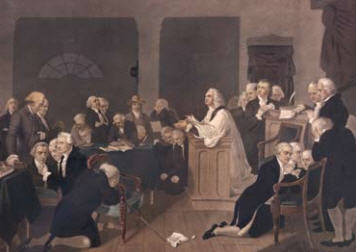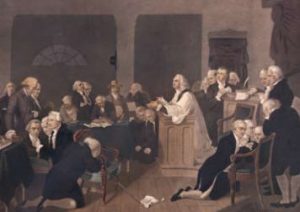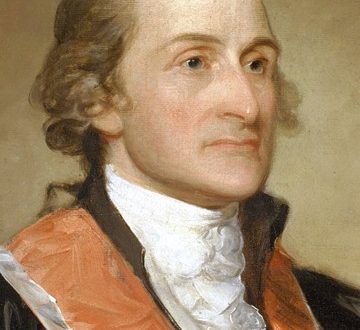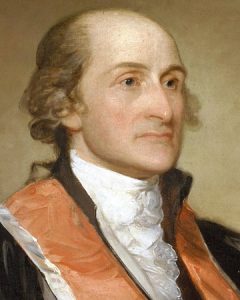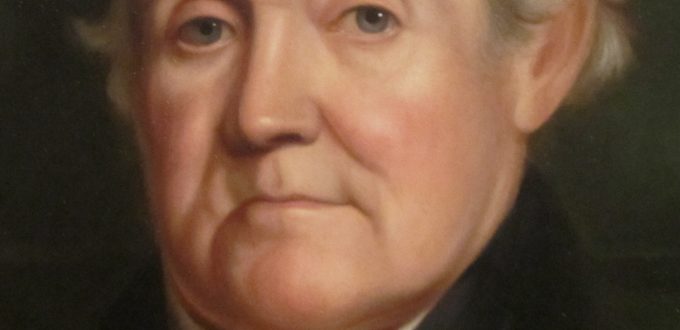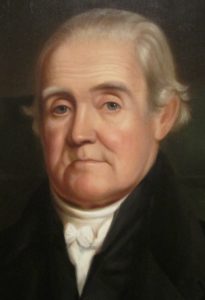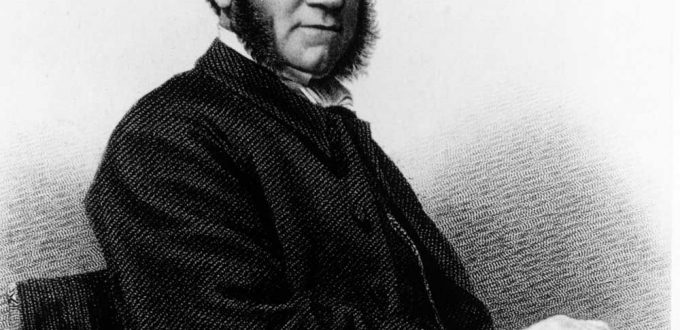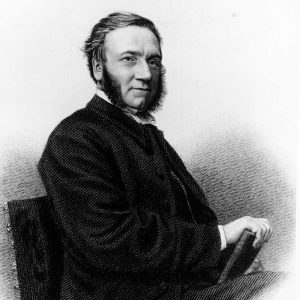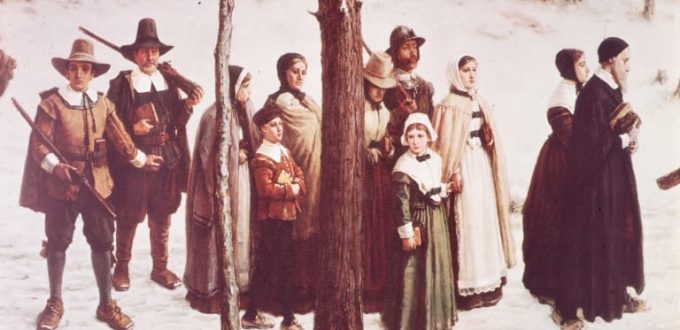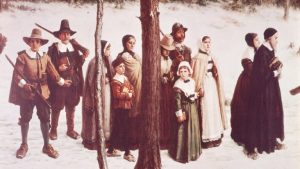Isaac Backus
by Debra Conley
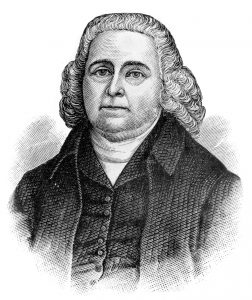
Long ago, my husband Terry purchased a little known book, Pilgrims in Their Own Land by Martin Marty. I daresay that many of the saints profiled in the book are little known, yet their impact was great. One descendant of the Mayflower passenger Josiah Winslow broke new ground with other religious separatists in forming the Baptist movement in the colonies.
Isaac Backus was called to preach in the late 1740’s during what was commonly referred to as The Great Awakening, spurred by Jonathan Edwards. Backus had grown up in the Congregationalist church, but as he learned more about his own beliefs, he chose to form a church of separatists. One of his primary reasons for this was his belief that no church ought to be the “official church” of any community or state. The General assembly of Connecticut tried to fine Backus for not paying taxes to the official church, at that time a mix of Puritan and Congregational religions. Backus argued that he was exempt from government interference with religion and won his case. He then moved his group of dissenters to Massachusetts.
It was also during this time of argument with the official church that Backus came to the conclusion that the Baptists held the correct perspective on baptism, that it is a command for the believer, not an act that makes one such. Backus became instrumental in the spread of the Baptist congregations of New England. He was outspoken against any state established religion or practice that even hinted at one. His views on separation are attributed in part to the Bill of Rights in the U.S. Constitution.
He took a firm stand with the colonies’ separation from England following the battles of Lexington and Concord. His support of the war was based on the principle of religious independence and separation of churches. Backus was too old to serve in the army when the Revolution broke out, but he immediately volunteered as a Chaplain to the troops and according to history, was among many Baptist ministers who faithfully prayed with the troops, preached to them daily, converting many who thought they had to belong to a church in order to receive real salvation. The book hails Backus as the “most influential and outspoken figure in the long battle for religious freedom in Massachusetts.”


